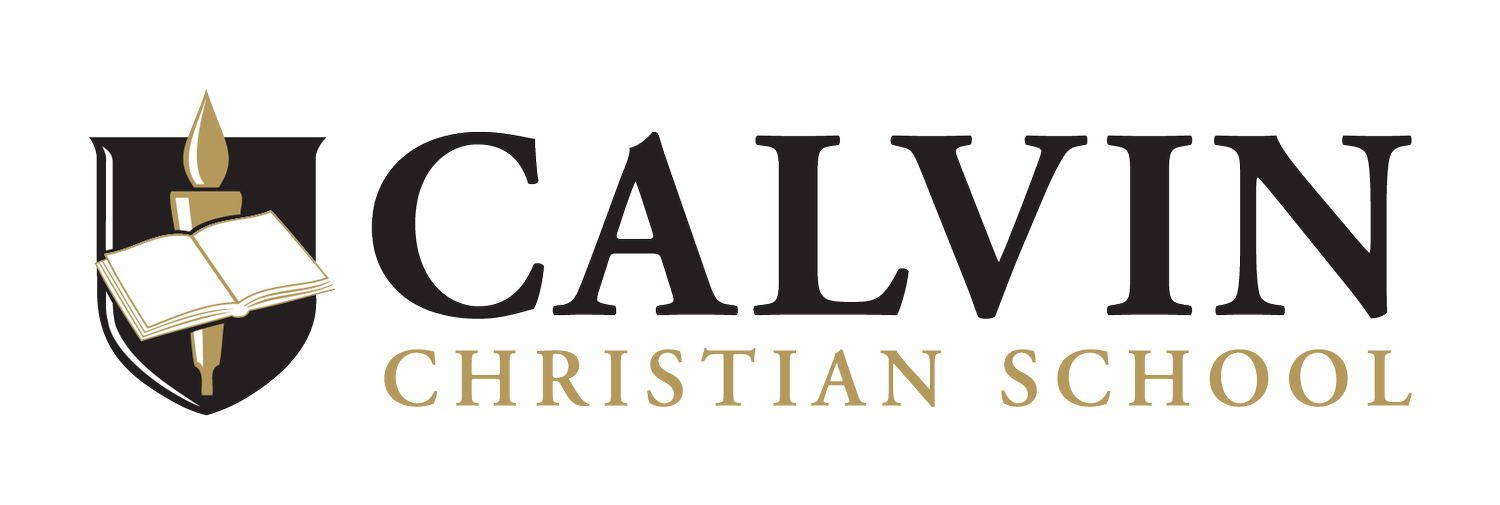Book Week was embraced this week at Calvin as we celebrated the most powerful gifts in our culture—the written word and the ability to read.
Our celebration contributes to assisting those who are without the privilege of the literacy that you as a reader and myself as a writer are engaged in. Some of our initiatives contribute to increasing indigenous literacy beyond the 3 in 10 ratio of students who meet national minimum standards in literacy in the Northern Territory.
Reading empowers us to command critical moments in our life.
“Reading empowers us to command critical moments in our life.”
The Primary School was bathed in colour and creativity for their Book Week Assembly. Impressively, many students and staff donned costumes for the occasion. I was delighted to present a number of medals to students for achievement in the Premier’s Reading Challenge.
We must nurture creativity, imagination and reason as vibrant intellectual abilities that complement each other. To that end, the works of C. S. Lewis were featured this week. To many, myself included, his works reveal his distinction in the fusion of the imagination and reason.
‘Lewis’ books have been translated into more than 40 languages and have sold millions of copies. The seven books that make up The Chronicles of Narnia, first published more than 60 years ago, have sold the most – estimated at 150 million copies – and have been popularised on stage, TV, radio and the movies. Since 2001, Mere Christianity (1952) has sold 3 million copies and The Screwtape Letters (1942) 2 million copies. It is estimated that annual sales of Lewis’ books range as high as 6 million copies. In all there are 110 authored or edited books by Lewis and about 300 books that discuss him and his work, with additional new ones published every year, many as bestsellers. The combined box office sales for the three Narnia films so far total $1.5 billion, and the film series is the 24th highest grossing of all time’.
“A Christian School community must equally value reason and revelation. ”
‘Until the Harry Potter series, the seven novels of Lewis’ The Chronicles of Narnia book series were the most influential children’s books in the world, voted so by successive polls of parents, librarians and teachers, and by their sales. And the Potter books haven’t cut into Narnia’s market. Indeed, they’ve greatly expanded it as sales of Narnia have increased by 20% during this time’. (Independent Institute website)
There are four great contributions C. S. Lewis has made to literature and culture.
Lewis showed that reason is the anchor of faith. By presenting a defence of the Christian faith that appealed to reason, Lewis removed obstacles to faith that most people in our world face today. By restoring reason to its rightful place, Lewis showed how Christianity could appeal to those earnestly seeking answers to the great questions of life.
Lewis punctured the pretension of modern elite intellectuals. Lewis revealed that one’s own reason cannot be trusted if humanity is solely the product of random-chance evolution. Lewis tied faith and reason together, where Christianity is both faithful and rational.
Lewis noted that ‘Reason is the natural organ of truth; but imagination is the organ of meaning.’ (1939) The concept of story or narrative was crucial for Lewis. He showed that Christian imagination could expand our sense of what is possible. Christian imagination could re-enchant a world that has been disenchanted by the limited possibilities of modernism and scientism. He showed that speaking about God in non-religious terms is vital, making the truths of Christianity fresh and novel.
Lewis restored a Christian vision of humanity—the eternal destiny of every human being. As a result, he fought against the dehumanising aspects of modern culture.
As a Christian school, we should champion the legacy of C. S. Lewis that reconnects reason and faith, and that allows a triumph of Christian inspiration and imagination in our students.
Iain Belôt – Principal

